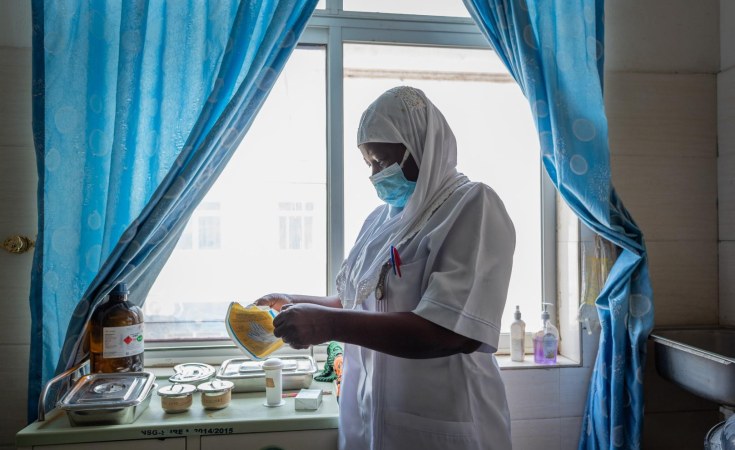GAVI said by vaccinating seven million girls in just two weeks, Nigeria has made significant progress towards its goal of reaching 16 million girls by 2025.
GAVI, the Vaccine Alliance, says seven million girls across the country have been vaccinated against Human Papillomavirus (HPV) in the second phase of innoculation.
The vaccination of the girls, according to GAVI, was carried out in two weeks and is a crucial step to protecting them from the risk of cervical cancer.
This was contained in a statement issued by the organisation on Wednesday.
The HPV vaccine is designed to prevent infections by certain types of human papillomavirus associated with the development of cervical cancer, genital warts, and other cancers.
There are three main types of HPV vaccines available: Gardasil, Gardasil 9, and Cervarix. These vaccines are most effective when administered before an individual becomes sexually active, typically recommended for boys and girls starting at ages 11 or 12.
However, they can be given as early as age nine and up to age 45.
According to GAVI, the progress made so far with the vaccination of seven million Nigerian girls marks a significant milestone in the nation's fight against cervical cancer.
Commenting on this, Sani Nishtar, CEO of the International public-private health partnership said: "This achievement is a testament to the tremendous collaboration between Gavi, the Nigerian government, and our partners."
He stated that by prioritising girls' health, "we are empowering a generation and helping to save countless lives."
First phase
In October 2023, the Nigerian government initiated the first phase of the HPV vaccine in the routine immunisation system targeting more than seven million girls between age nine and 14.
The Coordinating Minister of Health and Social Welfare, Muhammad Pate, a professor, said about 4.95 million girls aged nine to 14 were vaccinated against the HPV in the first phase of the vaccination.
The phase was launched through a partnership between the Ministry of Health and Social Welfare, the National Primary Health Care Development Agency, the World Health Organisation (WHO), the United Nations Children's Fund, and GAVI itself.
It covered 16 states, including Abia, Adamawa, Akwa Ibom, Anambra, Bauchi, Bayelsa, Benue, Enugu, Jigawa, Kano, Lagos, Nasarawa, Ogun, Osun, Taraba, and the Federal Capital Territory.
Building on this success, Gavi further expanded its collaboration with Girl Effect on 27 May to focus on reaching girls with critical information and ensuring vaccine access.
The second phase, which according to GAVI has led to the vaccination of seven million girls focused primarily on children in Borno, Cross River, Delta, Ebonyi, Edo, Ekiti, Gombe, Imo, Kaduna, Katsina, Kebbi, Kogi, Kwara, Niger, Ondo, Oyo, Plateau, Rivers, Sokoto, Yobe, and Zamfara.
Cervical cancer in Nigeria
In Nigeria, cervical cancer is the second most prevalent cancer type and the third most common cancer among women between age 15 to 44 years. It claims thousands of lives each year.
The HPV vaccine offers a highly effective tool for prevention, with an average success rate of 92 per cent according to GAVI.
In 2020, the latest year for which data is available, the country recorded 12,000 new cases and 8,000 deaths from cervical cancer.
HPV is a common sexually transmitted infection that triggers several types of cancers, including cervical cancer.
"By vaccinating seven million girls in just two weeks, Nigeria has made significant progress towards its goal of reaching 16 million girls by 2025," GAVI noted.


